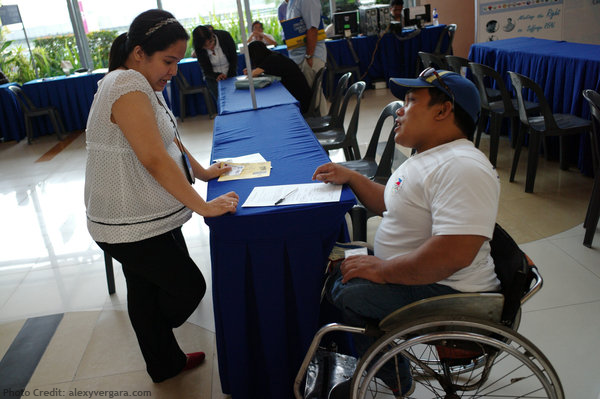Bam: Tax exemption for PWDs and Families with Dependents
Senator Bam Aquino has filed the Amendments to the Magna Carta of PWDs, which provides PWDs and families with PWD dependents a yearly uniform P25,000 tax exemption, giving them a reprieve from the daily challenges they face.
In addition, PWDs will be exempted from value added tax, in addition to their regular personal deductions if the measure is enacted into law.
“The exemption will help augment PWDs and families with PWD dependents from their expenses, from wheelchairs, hearing aids, nurses and caregivers, and learning disability tutors, among others,” added Sen. Bam.
Explaining his bill, Sen. Bam said the PWDs have found it difficult to find employment and earn income for themselves and for their families.
Aside from this, they have also had to worry about their daily expenses for medicine and rehabilitation.
“Such accommodation for our PWD sector is part of our larger reform efforts in pushing for a society that is inclusive for the poor and most vulnerable sectors. It is one of our courses in our journey towards achieving a fully abled nation,” the senator explained.
In his measure, Sen. Bam also hailed the contribution of the PWDs in shaping the country’s history and to the advancement of good governance.

Recent Comments